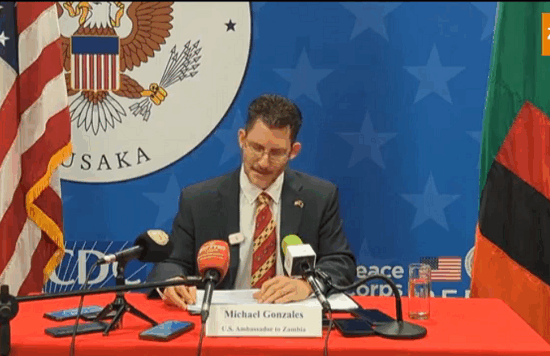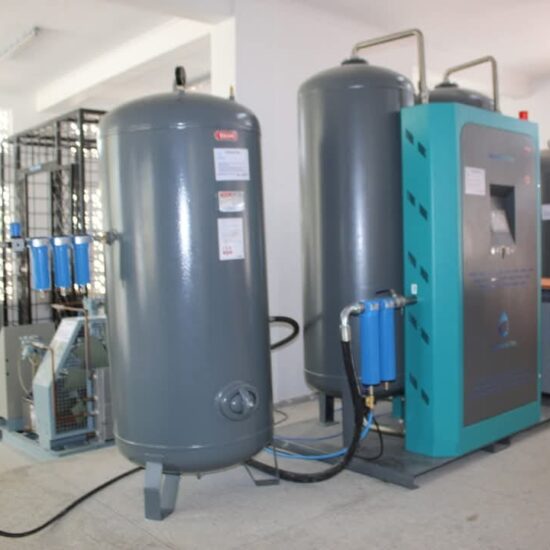
The Jesuit Center for Theological Reflections – JCTR Irish aid sponsored Basic Needs and Nutrition Basket (BNNB) for March 2020 survey results show that Zambias cost of living for a family of five (5) stands at about K7,014.13 (about US$390).
The monthly survey report shows a paltry of about K2 decline from K7, 016 recorded in February 2020. In March 2019, the basket stood at K5,543 while in March 2020 basket recorded decreases in the price of items such as soya pieces which moved from about K129 in February to K78 in March, 2020.
Vegetables recorded a reduction in price from K391 in February to K341 for a monthly requirement of 40kg, Kapenta reduced from K203 per kg to K164, beans moved from about K103 to 88 while banana prices also came down from K172 to K156 for the recommended amounts of 16kg.
However, the basket recorded increases in the price of other items, the staple food, mealie meal increased from K272 to K279 for 50kg, rice prices also increased from K69 to K86 for 4kg, potatoes priced moved up from K39 to K49, milk prices increased by K21 moving from K140 to K161, tomatoes moved up from K61 to K91 for 6kg and cooking oil price moved upwards from K87 to K102 for 3.6 litres. For the essential non-food items, a noticeable increase was seen in the price of charcoal which moved from K300 in February to K344 in March 2020.
Evidently, the cost of living as measured by the BNNB still remains a challenge for the larger segment of the Zambian populace. While the BNNB has registered a marginal decrease of about K2, the upward movement that has been seen in essential foods such as milk, rice, mealie meal, potatoes and cooking oil comes with implications especially with regards to nutrition.
JCTR Deputy Director Fr. Alex Muyebe said in a statement made available to the Zambian Business Times – ZBT that the households may either reduce the consumption amounts for these particular items or simply remove them from their shopping lists.
Fr. Muyebe has since projected that the cost of living may increase over the next survey period in view of the current COVID-19 global health pandemic. He reiterated the need for Government to increase resource allocation and commitment to a more sustainable climate resilient and diversified agriculture sector saying this will significantly contribute to more consistent supply of some foods and help keep prices low.
The country has in the past few months been faced with heavy economic and social difficulties. There has been sporadic shortages or bulk buying of mealie meal which caused the staple food prices to go up, the country experienced countrywide chemical and gas attacks on citizens, the local currency, the Kwacha, has had a losing streak resulting in imported inflation and the situation has now been compounded by the coronavirus – COVID 19 global pandemic.







